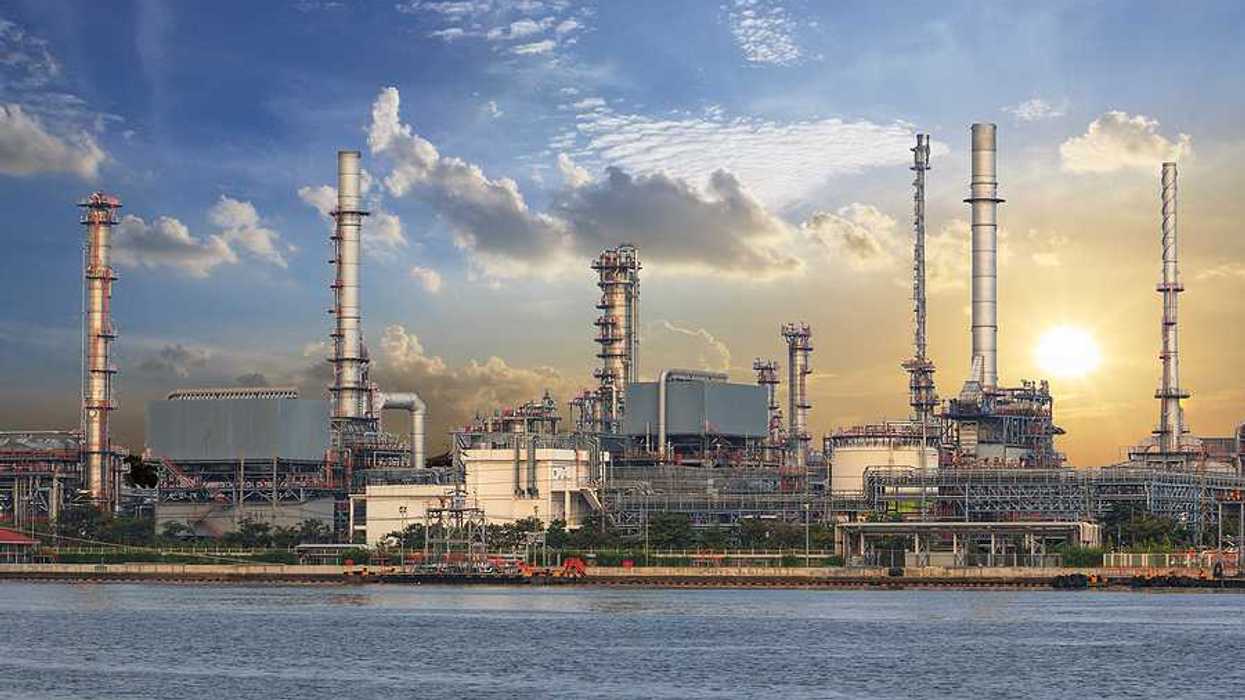Antarctica's fragile ecosystems are at increasing risk from non-native species carried by plastic and other debris, which travel from distant regions, potentially disrupting the continent's unique habitats.
Tom Howarth reports for Newsweek.
In short:
- A study finds that plastic and organic debris can transport invasive species to Antarctica from Southern Hemisphere landmasses.
- Warmer temperatures and declining sea ice increase the chances of these species establishing themselves on the continent.
- Researchers warn that non-native species could complicate Antarctic ecosystems, which have evolved in isolation for millions of years.
Key quote:
"Antarctic marine and terrestrial habitats have been isolated from the rest of the planet for millions of years. Species are not used to competition and may not be able to compete with common invading species from other parts of the world.""
— Kevin Hughes, environmental research and monitoring manager, British Antarctic Survey.
Why this matters:
Antarctica's ecosystems are highly sensitive to change, and the introduction of invasive species could permanently alter them. As climate change reduces natural barriers like sea ice, the threat of these invasions becomes more severe.














